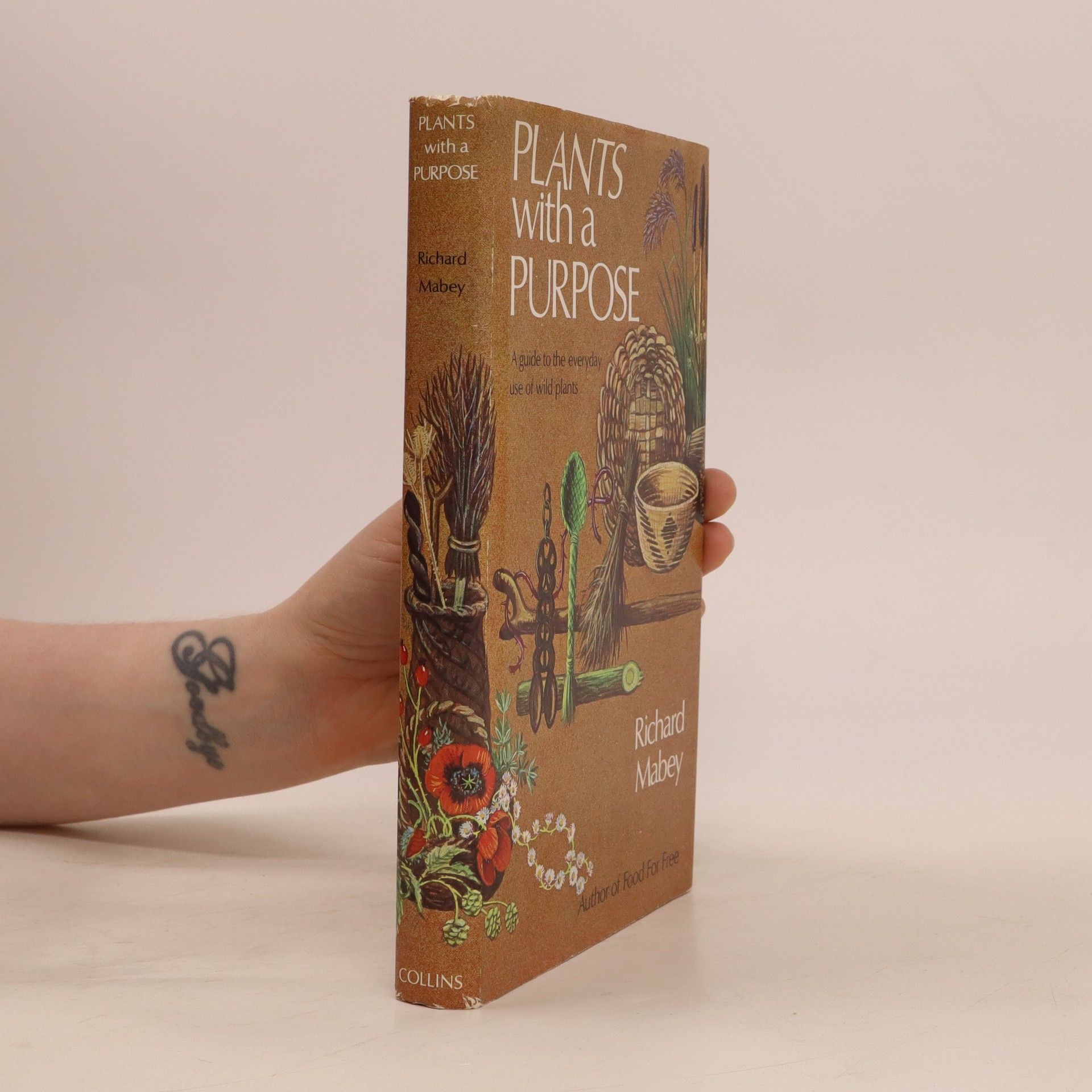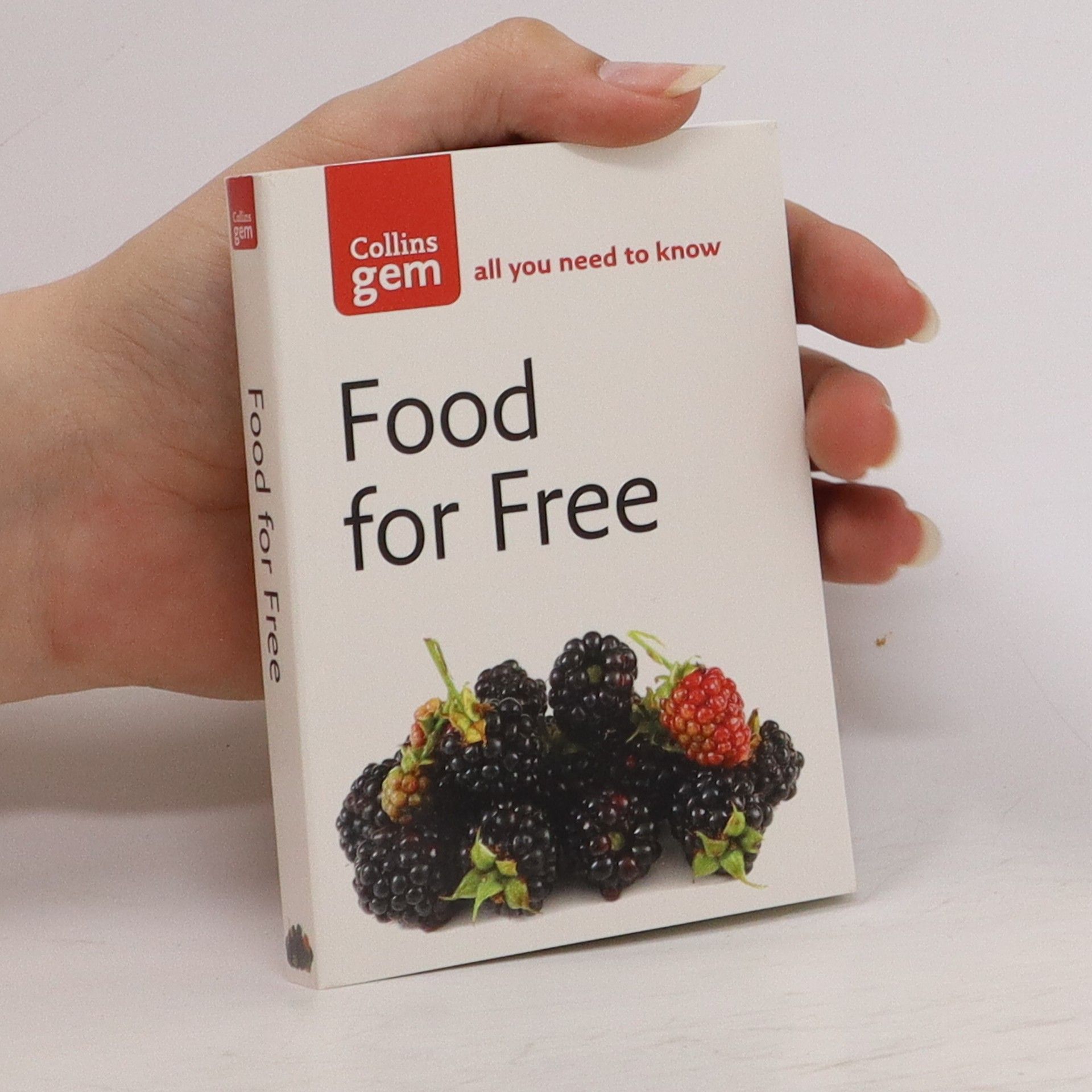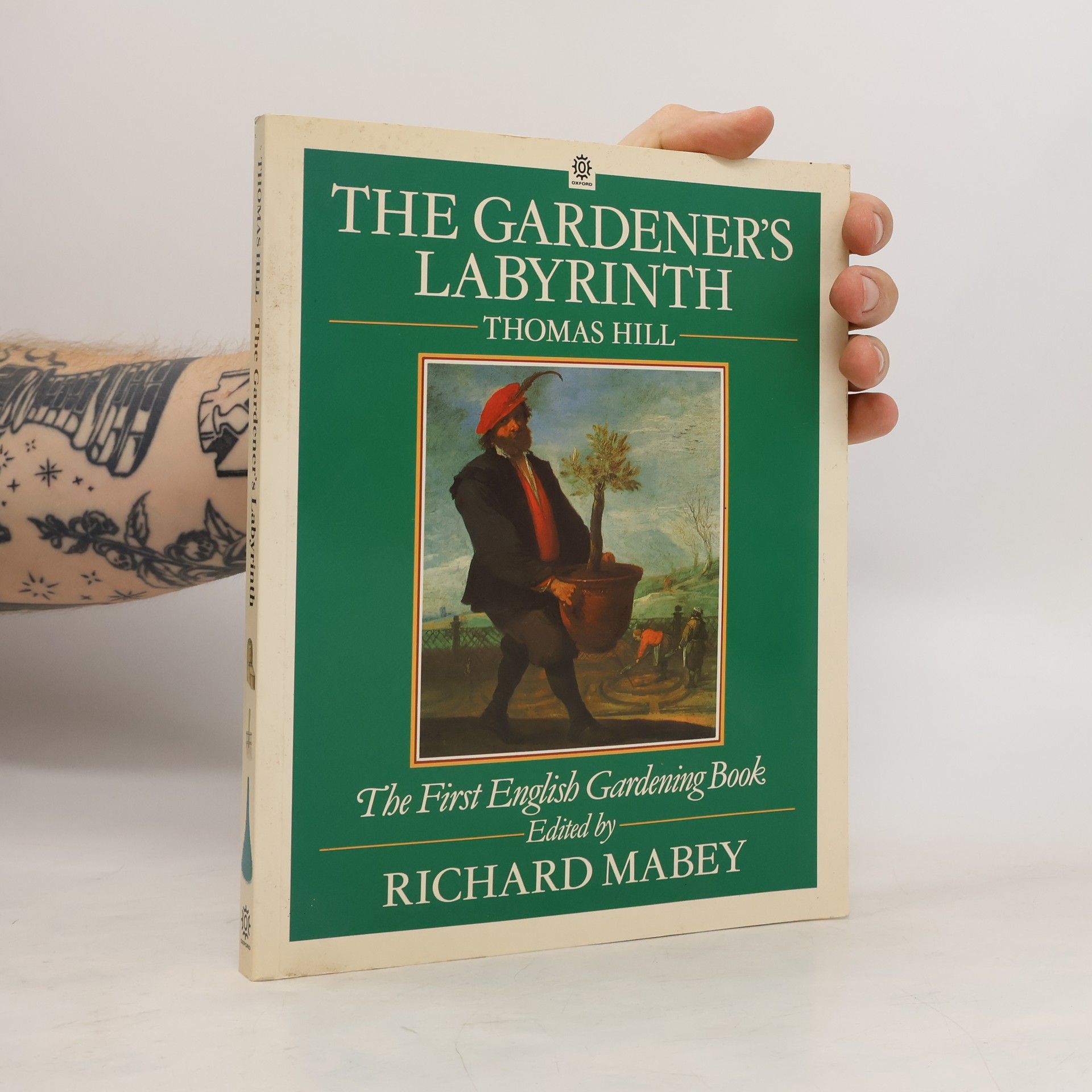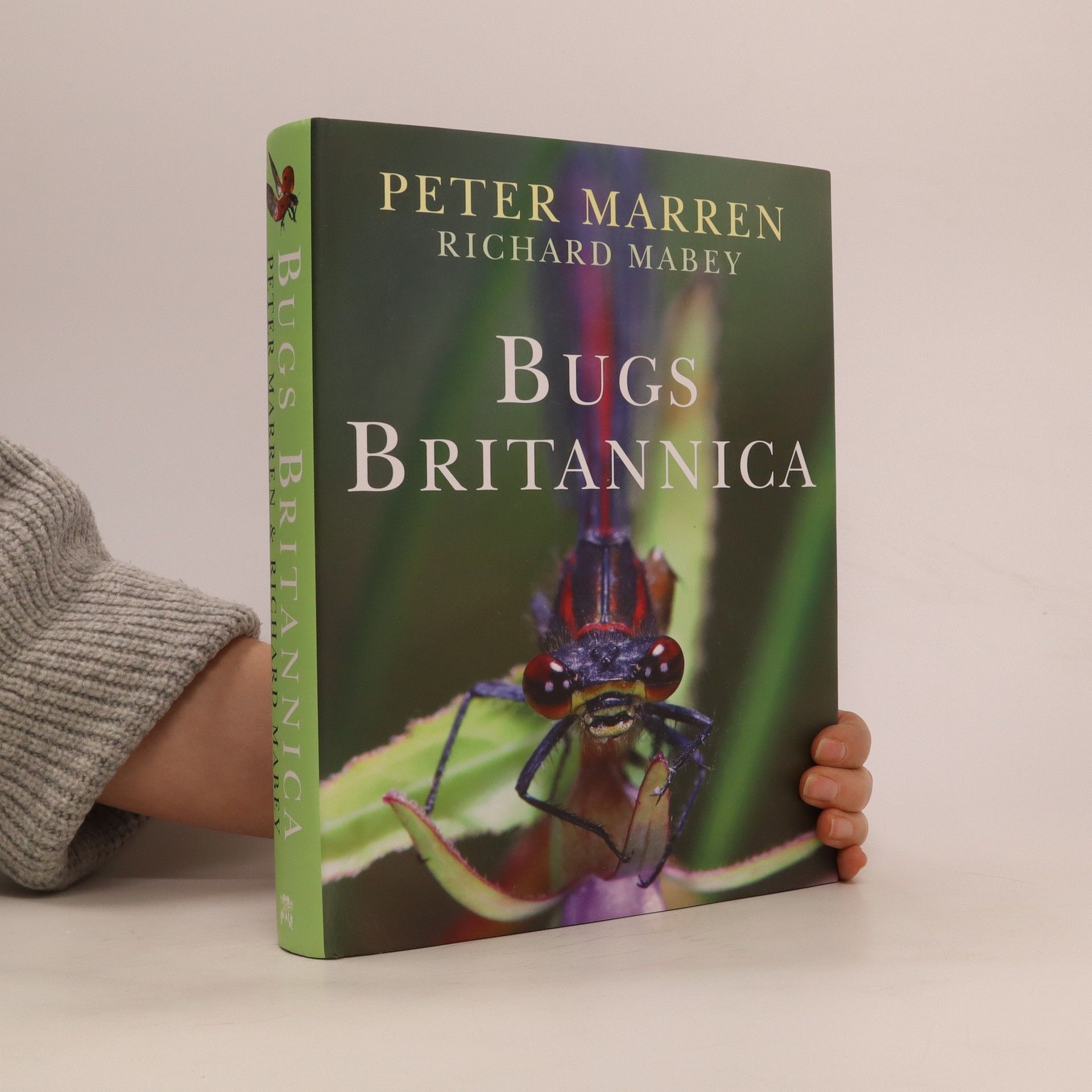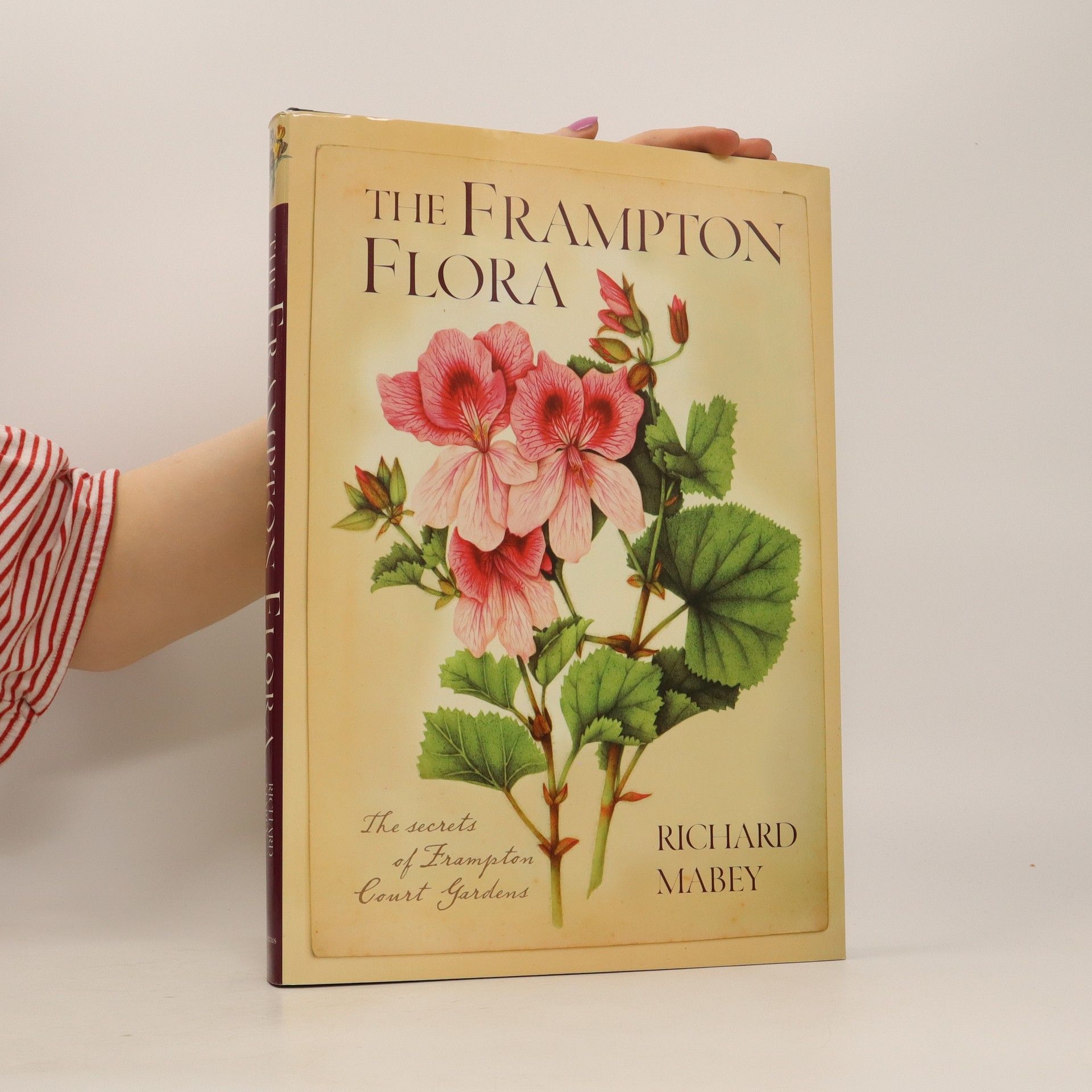Bugs Britannica
- 500bladzijden
- 18 uur lezen
From sea squirts to slugs to swallowtails—the third, fabulous, and gorgeously illustrated book in Richard Mabey's series, a companion volume to Flora Britannica and Birds BritannicaA comprehensive look at invertebrates that proves it’s the little things that count, this essential and accessible work on bugs is not a biological guide but a richly illustrated cultural one, seen through the eyes of writers, musicians, artists, and naturalists—from the great Tudor naturalist Thomas Muffet, father of Little Miss Muffet, to Irvine Welsh’s talking tapeworm in Filth —as well as contributions by ordinary men and women who are fascinated by creepy crawlies of all kinds. Structured along a roughly evolving path, the book ranges from simple cell life-forms to spiders, butterflies, and bees, and then back into the water to meet mollusks and "almost-fish." In addition to the fascinating habits of the bug world, the eccentric behavior of the bug obsessives themselves is also included. But of course, the true heroes of the book are the bugs themselves—the nimble-dicks, clock ladies, and coffin-cutters. From the Boring Sponge to the Mermaid’s Glove to the Penis Worm, this rich compendium of bugs is a must not only for naturalists but also for anyone who cares about the crawling and buzzing swarms at their feet.
